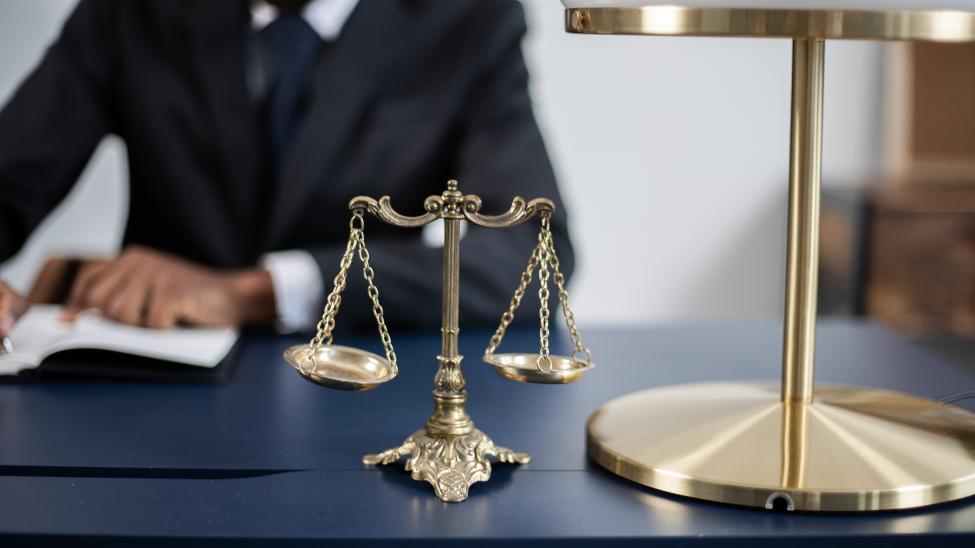In the aftermath of an accident, documenting evidence is crucial for building a strong case and securing fair compensation for your injuries and damages. At Chris Decker Legal Resources, we understand the importance of thorough documentation in supporting accident injury claims. Here’s a comprehensive guide on how to effectively document evidence:
- Capture the Accident Scene: Take photographs and videos of the accident scene from multiple angles, capturing relevant details such as vehicle positions, road conditions, traffic signs, and any visible injuries or property damage. These visual records provide valuable context and help recreate the sequence of events leading up to the accident.
- Obtain Witness Statements: If there were witnesses to the accident, gather their contact information and ask them to provide statements describing what they saw and heard. Witness testimony can corroborate your version of events and strengthen your claim against opposing parties or insurance companies.
- Seek Medical Treatment: Promptly seek medical attention for your injuries, even if they seem minor at first. Medical records documenting your diagnosis, treatment, and prognosis serve as critical evidence of the extent and severity of your injuries. Be sure to follow your healthcare provider’s recommended treatment plan and attend all follow-up appointments.
- Keep Detailed Records: Maintain organized records of all accident-related expenses, including medical bills, prescriptions, therapy sessions, and transportation costs. Keep receipts for out-of-pocket expenses and make note of any lost wages or income due to your injuries. These financial records help quantify your damages and demonstrate the financial impact of the accident.
- Preserve Physical Evidence: Preserve any physical evidence related to the accident, such as damaged clothing, vehicle parts, or defective products. These items may serve as tangible evidence of the accident’s cause and severity. Avoid repairing or disposing of damaged property until it has been thoroughly documented and evaluated by experts.
- Document Your Pain and Suffering: Keep a personal journal or diary documenting your physical pain, emotional distress, and limitations resulting from the accident. Describe how the injuries have affected your daily activities, relationships, and overall quality of life. This subjective evidence provides insight into the non-economic damages you have endured.
- Communicate in Writing: Keep written records of all communication related to your accident injury claim, including correspondence with insurance companies, healthcare providers, and legal representatives. Documenting conversations and agreements helps prevent misunderstandings and provides a written record of key discussions.
- Consult with Legal Resource: Seeking guidance from an experienced personal injury attorney is essential for navigating the complexities of accident injury claims. A knowledgeable attorney can help you understand your rights, gather and preserve evidence, and advocate for your best interests throughout the claims process.
By diligently documenting evidence for your accident injury claim, you empower yourself with the tools needed to pursue fair compensation and hold negligent parties accountable for their actions. At Chris Decker Legal Resources, we are committed to helping accident victims gather and present compelling evidence to support their claims. If you’ve been injured in an accident, don’t hesitate to reach out to us for expert legal guidance and help.

